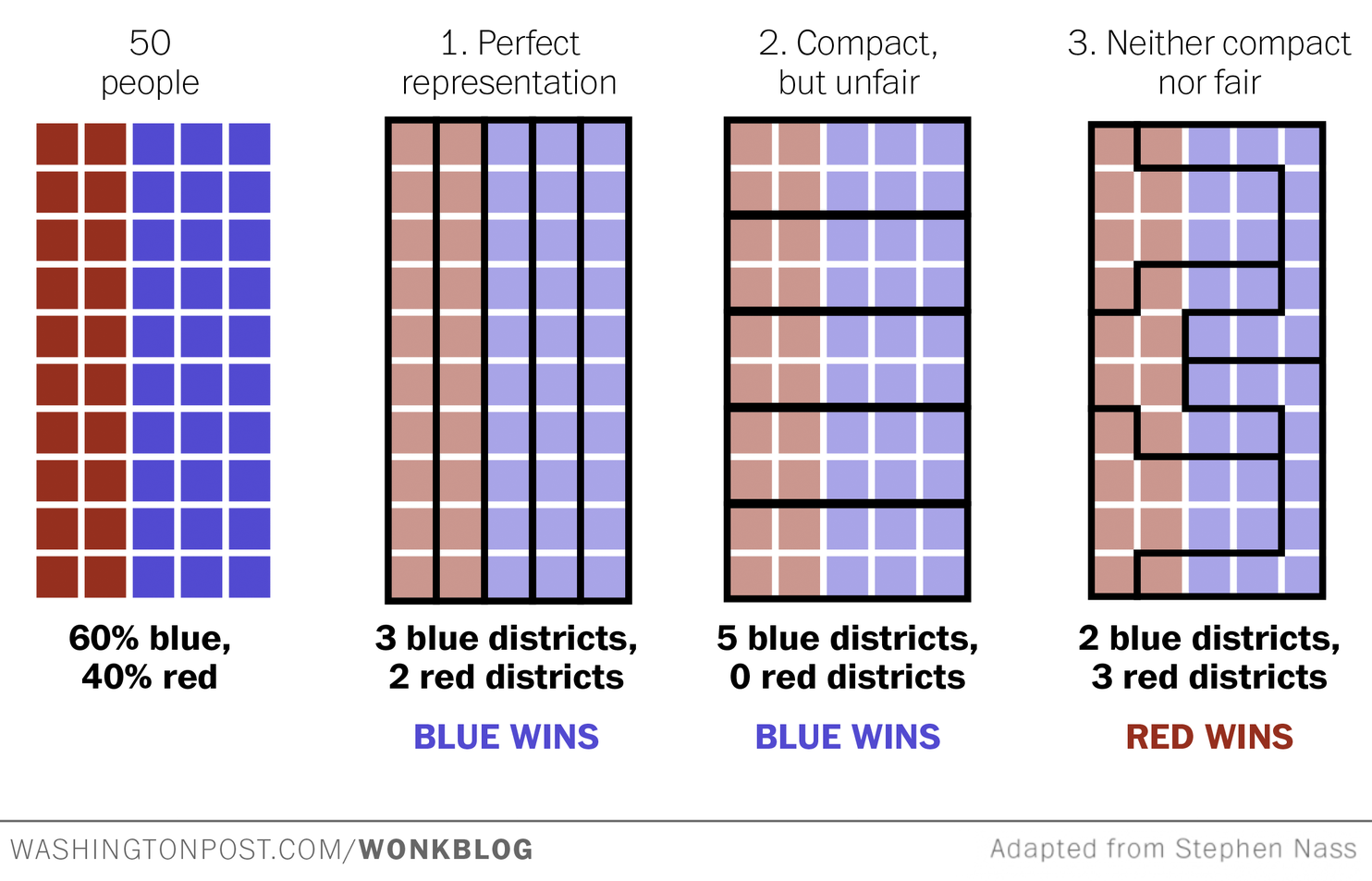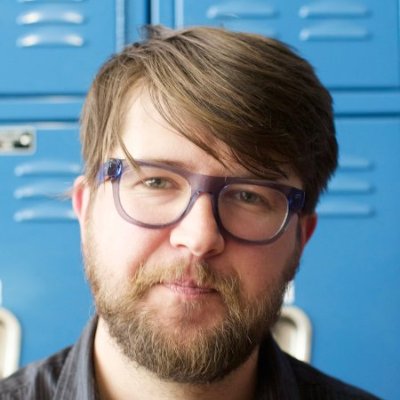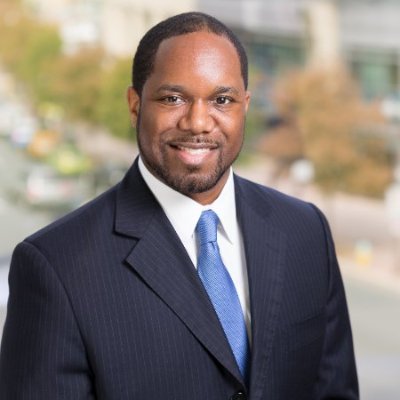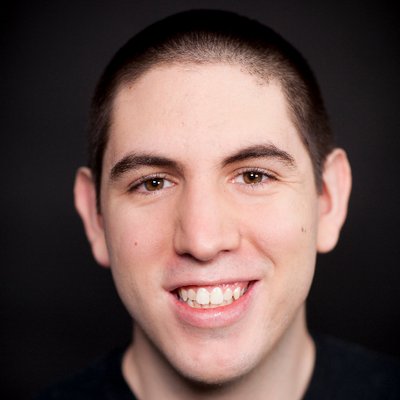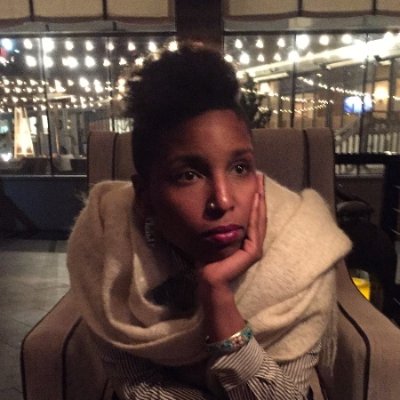#UNHACKTHEVOTE2017

We've got something cool brewing in the works at Thursday Network. It involves hacking for a technical solution to the problem of partisan gerrymandering. Want to know more? Keep on reading!
July 20 July 21 July 22
Registration Deadline: 11:59 PM EST on Tuesday, July 18th, 2017.



